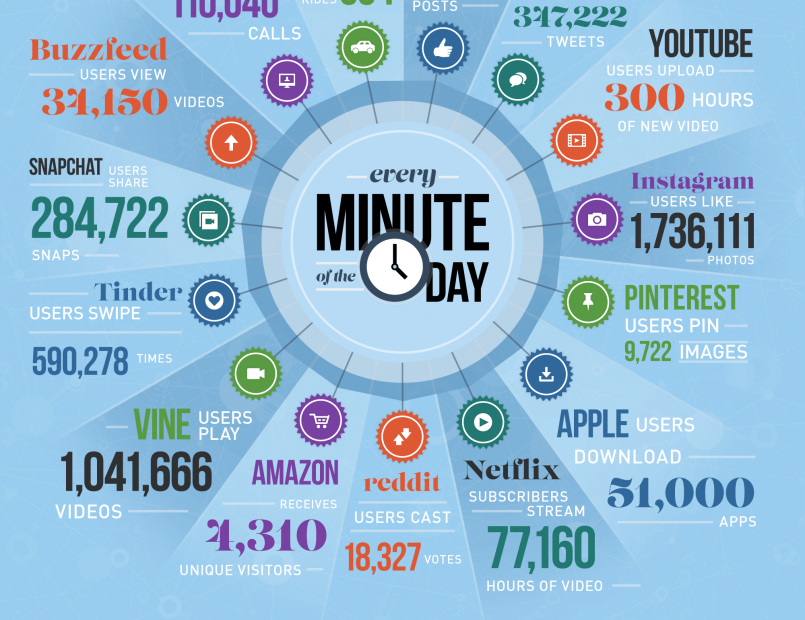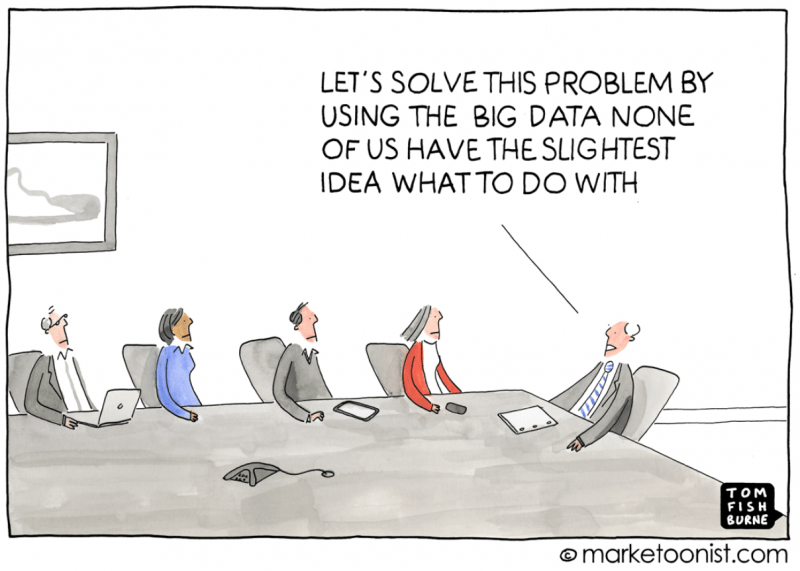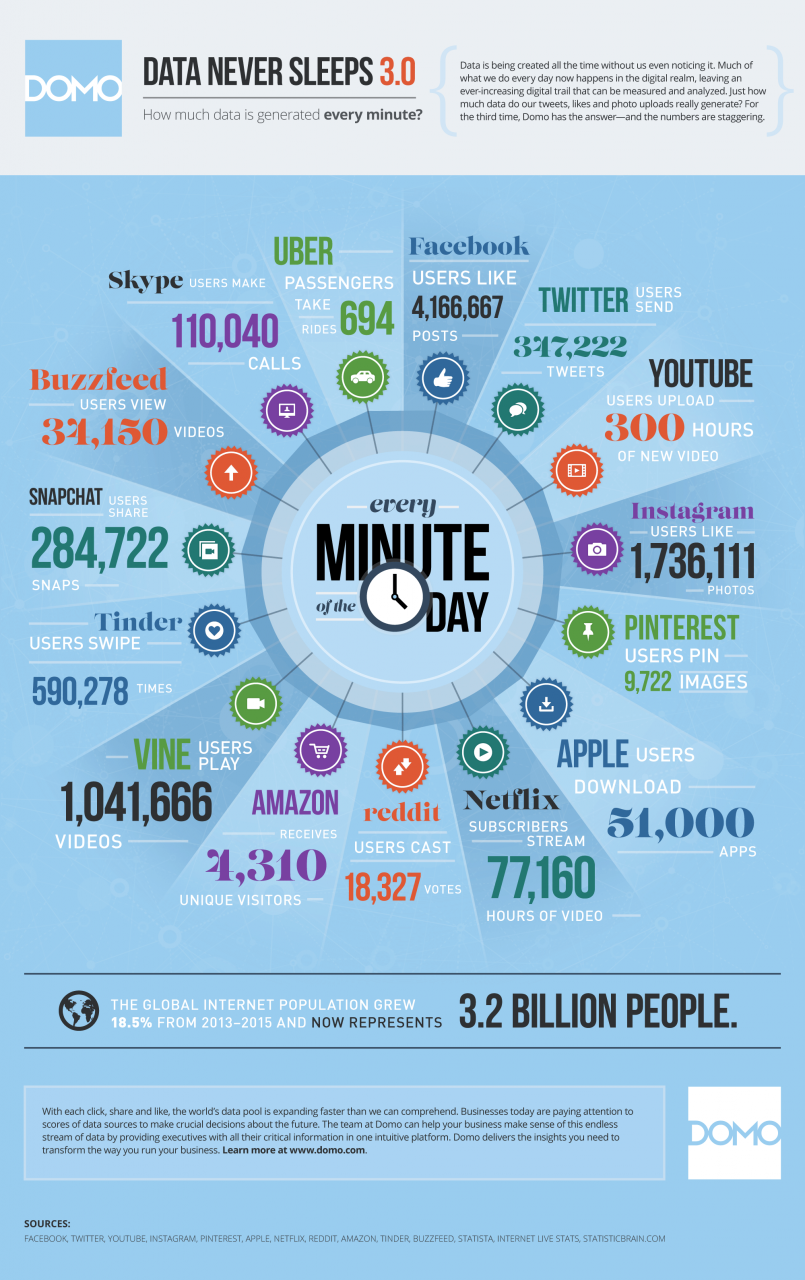Content is king. We‘ve all heard this mantra, but in today‘s digital world, it rings truer than ever. With the rise of social media and endless streams of information, cutting through the noise to reach your audience is a constant challenge.
This is where content intelligence comes in.
Content intelligence leverages data and AI to transform the way organizations create, manage and optimize content. As we‘ll explore in this post, content intelligence is becoming a must-have capability for today‘s digital marketers.
What is Content Intelligence?
Content intelligence refers to the strategic use of data and analytics to drive more impactful content marketing. The goal is to create content that better resonates with target audiences and drives business results.
At its core, content intelligence enables you to:
- Understand your audience’s interests and preferences through data
- Identify under-served content opportunities
- Continuously optimize content based on performance
- Automate repetitive content tasks to focus creative efforts on high-value content
- Maintain brand consistency across all content
By leveraging data and AI, content intelligence transforms content creation from an intuitive process to an insights-driven one.
(Source: Marketoonist)
Content intelligence encompasses a range of capabilities and technologies:
-
Content audits: Analyze your existing content to identify gaps, optimization opportunities, and areas to expand/reduce.
-
Content analytics: Continuously analyze content performance (views, engagement, conversions etc.) to optimize content and topics.
-
Competitive intelligence: Research competitors‘ top-performing content and identify under-served opportunities.
-
Search intelligence: Identify high-potential SEO keywords by analyzing search volumes, competition, and difficulty.
-
Social listening: Monitor social conversations to identify trending topics and discussion themes aligned to your brand.
-
Audience analysis: Leverage first-party data, surveys, and analytics to build detailed audience personas and map content to personas.
-
Auto content tagging: Automatically tag content with keywords and metadata to improve findability and optimization.
-
Content creation: Produce new content tailored to target personas using workflows, templates and even AI generation.
-
Performance optimization: A/B test content to optimize elements like headlines, images, calls-to-action.
As you can see, content intelligence draws from both quantitative data and qualitative insights to inform a more strategic approach to content.
Why Content Intelligence Matters Now
There are several key factors driving the rise of content intelligence:
1. Content overload
The average consumer is bombarded with endless content from brands on a daily basis. This makes it incredibly difficult for any one piece of content to stand out. Intelligent content creation is needed to create content that rises above the noise.
(Source: Domo)
2. Search engine optimization
With Google‘s focus on high-quality, useful content, producing strategic SEO content based on thorough keyword research is more important than ever. Keyword stuffing and thin content no longer cuts it.
3. Social media marketing
On social media,consuming timely, relevant content is table stakes. With intelligence into trending topics and audience interests, brands can better align social content to what resonates.
4. Buyer expectations
Today‘s buyers expect highly personalized, relevant content tailored to their needs. Creating content for broad audiences no longer works. Content intelligence enables precise targeting.
5. Competition
Content is now a competitive battlefield. With intelligence into competitors‘ content strategies and performance, you can identify strategic white space opportunities.
6. Scale
The volume of content needed to fuel multiplechannels continues to rise. Content intelligence enables automation and efficiencies to scale output.
For today‘s digital marketer, leveraging data and intelligence is a must to create resonant content at scale.
How Content Intelligence Works
So how exactly does content intelligence work? Here is an overview of a typical workflow:
1. Data collection
First, content intelligence solutions ingest data from a variety of sources to enable analysis. Key data types include:
-
Customer data: Demographics, psychographics, interests, behaviors and more from your CRM system and analytics.
-
Content performance data: Views, shares, engagement, conversions for existing content.
-
SEO and search data: Keyword volumes, rankings, click-through-rates.
-
Social data: Trending topics, brand mentions, follower interests.
-
Competitive data: Competitor content performance, backlink profiles, social engagement.
This data fuels the analysis behind content intelligence.
2. Analysis
Next, the collected data is analyzed to surface insights. This analysis can take many forms:
-
Audience analysis: Identify distinct audience segments and map content preferences to each.
-
Content audits: Reveal high/low-performing existing content across metrics like conversions.
-
SEO analysis: Uncover target keywords based on volume, competition, relevance.
-
Social listening: Discover brand mentions and conversations around products.
-
Competitive analysis: Benchmark your content against competitors.
-
Performance analysis: Identify optimal content types, formats, and themes.
Both data science techniques and marketers‘ expertise come together to turn data into actionable insights.
3. Optimization and creation
Finally, the analysis informs specific optimization and creation actions:
-
Create new content aligned to target buyer personas.
-
Expand content in high-potential topic areas.
-
Refine existing content based on performance data.
-
Promote certain content more aggressively based on engagement signals.
-
Automate and streamline menial content tasks.
-
Maintain brand consistency with content guidelines.
With an intelligence-driven strategy, content efforts focus on what analysis reveals will best resonate with each audience.
This data-backed approach allows you to create content designed to outperform competitors.
(Source: Demand Metric)
Key Benefits of Content Intelligence
Adopting a content intelligence approach offers a number of benefits:
Increased conversion rates
With content tailored to different buyer personas‘ needs, content better moves audiences through the sales funnel ultimately improving conversion rates.
Improved organic reach
SEO-optimized content based on rigorous keyword research naturally attracts more qualified organic search traffic.
Stronger audience targeting
Precisely aligned content keeps audiences engaged as their interests are catered to.
Automation efficiencies
Automating repetitive content tasks allows creative resources to focus on high-level strategy.
Enhanced branding
Guidelines for voice, tone, formatting, etc. derived from intelligence ensure brand consistency.
Higher quality content
Data on what resonates leads to universally higher-quality, higher-performing content.
Competitive differentiation
An intelligence-led approach allows you to out-maneuver competitors with data.
Scalability
Intelligence and automation enable large volumes of tailored content across channels.
Actionable insights
Content intelligence reveals specific, tangible actions to improve content efforts.
With these myriad benefits, it‘s evident why content intelligence is becoming essential to cut through today‘s cluttered digital landscape.
Key Content Intelligence Tools
Many tools exist to enable various elements of content intelligence. Here are some of the top options:
SEMrush
SEMrush is an robust SEO and content marketing platform. For content intelligence, it provides:
-
SEO content audits: Analyze existing content for optimization opportunities.
-
Topic research: Uncover trending topics and discussions around keywords.
-
Content gap analysis: Identify areas competitors are ranking for but you aren‘t.
-
Writing assistant: Check grammar, plagiarism, readability, and more.
With powerful SEO-focused capabilities, SEMrush is a top choice for many.
BuzzSumo
BuzzSumo specializes in social content intelligence. It offers:
-
Viral content analysis: Identify the content that generates the most social shares.
-
Influencer search: Discover influencers creating content around topics.
-
Trending topics: See currently trending discussions on social media.
-
Competitive tracking: Benchmark social performance against competitors.
For staying on top of social conversations, BuzzSumo is a powerful tool.
Uberflip
Uberflip‘s intelligent content experience platform provides:
-
Content recommendations: Suggest new content to produce based on performance.
-
Audience segmentation: Create personalized content experiences for each segment.
-
Content targeting: Deliver tailored content to each user based on interests.
-
Marketing automation integration: Trigger actions in your CRM when users engage with content.
Uberflip allows you to target and personalize at scale.
Contently

Contently focuses on data-driven content creation and talent management. It provides:
-
Audience analytics: Analyze audience data to create aligned content.
-
Content performance analytics: Track engagement across content types and topics.
-
Content briefs: Create briefs tailored to target personas and goals.
-
Talent CRM: Recruit, manage, and build targeted teams of freelance writers.
Contently combines intelligence and content creation capabilities.
Concured
Concured focuses on SEO-driven content intelligence:
-
Opportunity discovery: Reveals high-potential keywords to target and content gaps.
-
Competitive analysis: Uncovers competitors‘ strategies around keywords and topics.
-
Content analytics: Tracks ranking changes and search visibility over time.
-
Topic clustering: Groups related keywords and content to streamline optimization.
Concured provides robust SEO intelligence capabilities.
Key Metrics for Content Intelligence
To gauge the impact of your content intelligence efforts, focus on tracking:
-
SEO visibility: Keyword rankings, organic traffic and backlinks over time.
-
Engagement metrics: Time on page/site, scroll depth, repeat visits, social shares.
-
Lead generation: Conversions to email subscribers, demo requests.
-
Business impact: Sales won, revenue, customer acquisition cost.
-
Content efficiency: Conversion rate for content, cost per conversion.
Optimizing these metrics enables you to quantify the ROI of your content intelligence strategy.
Challenges of Content Intelligence
While content intelligence offers powerful capabilities, some key challenges include:
-
Data quality: Ensuring complete, accurate, and current data requires effort.
-
Technology integration: Connecting intelligence tools into your existing martech stack can take work.
-
Analyzing complexity: With many variables at play, deriving specific direction is difficult.
-
Adoption resistance: Some creative marketers hesitate to adopt data-driven creativity.
-
Cost: Intelligence platforms can carry significant licensing fees, especially for enterprise use.
By planning for these challenges, you can successfully roll out content intelligence.
The Future of Content Intelligence
Content intelligence is still evolving. Here are some key developments to expect:
-
More personalization: Leveraging AI and big data, content will become ultra-targeted down to the individual level.
-
Expanded use cases: Content intelligence will expand beyond marketing into other content-heavy functions like HR, sales and product.
-
Advanced analytics: Machine learning will enable deeper layer of insight into content and audience behavior.
-
Natural language generation: Basic AI content writing will become more mainstream for rote content needs.
-
Tighter integration: Intelligence will become seamlessly integrated into core content systems rather than separate tools.
-
Automated optimization: Optimization actions like updating underperforming content will happen autonomously rather than manually.
As technology improves, expect content intelligence to play an even bigger role shaping content strategies.
Wrap Up
In today‘s crowded digital landscape, creating content that breaks through the noise is an immense challenge. Leveraging content intelligence and its data-driven approach to resonance and results is becoming the clear path to success.
With continually improving analytics, automation and AI bringing new possibilities, content intelligence will soon be an indispensable part of every modern marketer‘s stack. By adopting intelligence now, you can gain a competitive advantage and make genuine connections with each audience.
What are your thoughts on content intelligence? What tools or techniques have you found most valuable? Share your experiences in the comments below!







